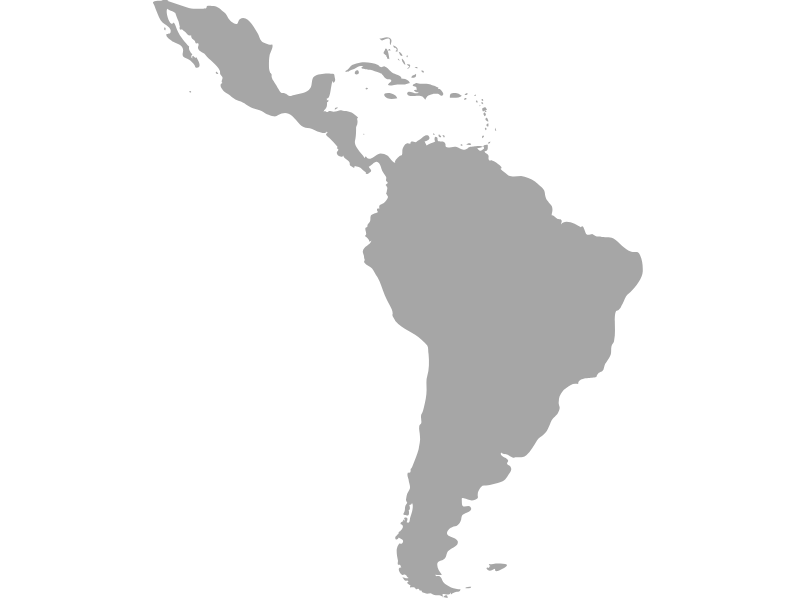Latin America
This group is a dynamic hub for generating and sharing ideas to address regional challenges through the lens of food systems. By fostering collaboration among UF faculty and staff with local stakeholders, researchers, and policymakers within the country, the group aims to support context-specific solutions and drive coordinated action across Latin America.
The SSA working group aims to foster greater synergy and collaboration among UF Faculty and students who have expertise in, or a strong interest to, analyzing and improving any aspect of the food systems in the SSA region, as well as building the capacity of educational systems and extension services in African countries.
The group leverages the resources, knowledge, and expertise of the Center for African Studies, which is one of the top such centers in the US, in order to support inter-disciplinary and system-like approaches to food system challenges, and to facilitate sustainable and inclusive projects and collaborations with African institutions. The group meets monthly to identify areas of common interest and expertise, discuss and review new funding opportunities, and share contacts of existing collaborators or potential institutional partners.
For more information please contact Dr. Renata Serra (rserra@ufl.edu) or Innocent Eluagu (i.eluagu@ufl.edu), respectively Faculty and graduate student coordinators for the GFSI SSA working group.
MENA is among the most water-scarce regions in the world, defined by vast arid and semi-arid landscapes, a rapidly growing population, and increasing pressure on limited natural resources, especially freshwater. In response to these challenges, the MENA Working Group brings together faculty and students committed to interdisciplinary research and applied problem-solving to improve food and water security in the region.
The group focuses on the complex interplay between climate variability, land use change, water resource management, and food systems across the MENA region. Through a combination of remote sensing technologies, hydrological and climate modeling, crop modeling, and other data-driven simulations, the working group works to identify research opportunities to bridge research collaborations with and inside MENA to better understand and anticipate the changing dynamics of water and arid environments.
The team brings together partners from the MENA academic institutions, government agencies, NGOs, and other stakeholders to co-produce knowledge and practical solutions tailored to the region’s socio-environmental realities.
This group is established to strengthen and expand collaborative efforts through ongoing and past initiatives, including established Memoranda of Understanding (MOUs), while proactively identifying and pursuing emerging funding and partnership opportunities focused on Southeast Asia (Brunei, Burma, (Myanmar), Cambodia, Indonesia, Laos, Malaysia, the Philippines, Singapore, Thailand, Timor-Leste, and Vietnam). Our group strategically engages key stakeholders, including high-level government officials, industry leaders, and potential donors, to maximize impact.
The Caribbean Regional Working Group encompasses faculty, staff, and students who have academic, professional, and personal ties to the Caribbean and are committed to contributing to agricultural development and food security within the region in collaboration with governments, academic and research institutions, and nonprofit organizations. We seek partnerships to facilitate regional capacity-building that enhances sustainable agriculture while providing professional development opportunities for Caribbean and University of Florida participants.


